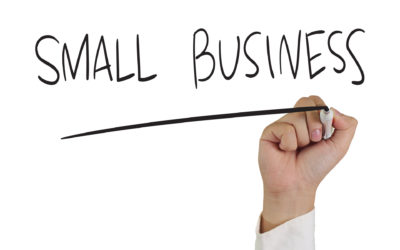Copyright Photo: Pixabay / Pexels.com
How can you leverage share capital?
It is a widespread misconception that a UG/GmbH’s share capital must never be used to run a business. This is wrong. In fact, you can leverage share capital in many ways. Some include:
- Operating and acquiring resources.
- Settling invoices from suppliers.
- Paying employees.
You can even use to to cover some of the costs of formation. For example, in a GmbH with a share capital of EUR 25,000, usually up to EUR 2,500 can be used for foundation costs. This means that formation and initial running costs can, to a certain extent, be combined rather than added. A huge bonus for founders.
What can’t you do with share capital?
However, share capital is not entirely ‘free’ money, and you have to be careful about how you use it. Anything that could lead to an accusation that the share capital has not been effectively provided should be guarded against. Here are some things to watch out for:
- Direct flow of share capital back to shareholders can only happen under strict conditions and is best avoided. If you must, it is best to consult with a lawyer first.
- Back-and-forth payments, which see the share capital paid in and paid back to the directors and share capital, can leave you in legal difficulty.
- Hidden contributions in kind happen in a very specific context. If the share capital is used to buy something from a shareholder – such as a vehicle – the authorities might see it as an attempt to surreptitiously pay back share capital. This is because valuation of items is often subjective. That leaves you open to the accusation that you have deliberately paid more-than-competitive rates.
If you think you might be at risk of doing either of these things, please click here to book a consultation with us. We can advise you on whether you are exposed.
What happens if you break the rules?
If the authorities believe you have misused share capital, or haven’t provided it properly in the first place, they can make you pay it a second time. Importantly, it doesn’t matter whether you knew you were in breach or not. The authorities take no account of ignorance in these matters.
What happens when the share capital is depleted?
If the annual balance sheet shows that half or more of the share capital has been lost, a shareholders’ meeting must be convened immediately. In the meeting, the shareholders must decide:
- Whether to make more capital immediately available.
- If they should file for insolvency.
The conditions for both of these are not straightforward. So, once again, it’s usually best to consult a lawyer. Share capital depletion and insolvency do often go hand in hand though. A good guideline for insolvency is if you can’t meet more than 10% of your obligations over the next 3 weeks.





